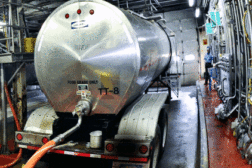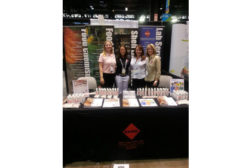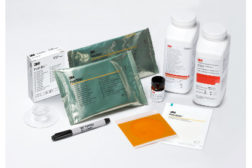Food Safety for Dairy Processors
Food safety
IDFA, Chestnut Labs develop lab training program for food safety
The partners want dairy quality assurance managers, technicians, lab personnel, microbiology technicians and others responsible for ensuring food safety to remain on the cutting edge of food safety testing best practices and requirements.
August 27, 2013
Plant of the Year: Bel Brands' plant manager discusses quality, food safety
Readers of Dairy Foods magazine and dairyfoods.com helped select the 2013 Plant of the Year. Over a six-week period this summer, website visitors reviewed 13 nominated plants and voted for the Plant of the Year.
August 22, 2013
Laboratory testing
Eliminate post-pasteurization contamination of fluid milk
Take a grass to glass approach to controlling psychrotolerant sporeformers in fluid milk.
August 20, 2013
Federal regs
FDA says: Speak up now on proposed food-safety rules
The agency extends the public comment period 60 days for proposed rules on preventive controls for human food, produce safety.
August 8, 2013
Quality on the Line
Controlling listeria in a dairy plant
The dairy industry has learned quite a bit about Listeria since a major outbreak in 1985.
June 15, 2013
Food safety
3M Food Safety launches Petrifilm technology for pathogen detection
June 13, 2013
Stay ahead of the curve. Unlock a dose of cutting-edge insights.
Receive our premium content directly to your inbox.
SIGN-UP TODAYCopyright ©2024. All Rights Reserved BNP Media.
Design, CMS, Hosting & Web Development :: ePublishing










